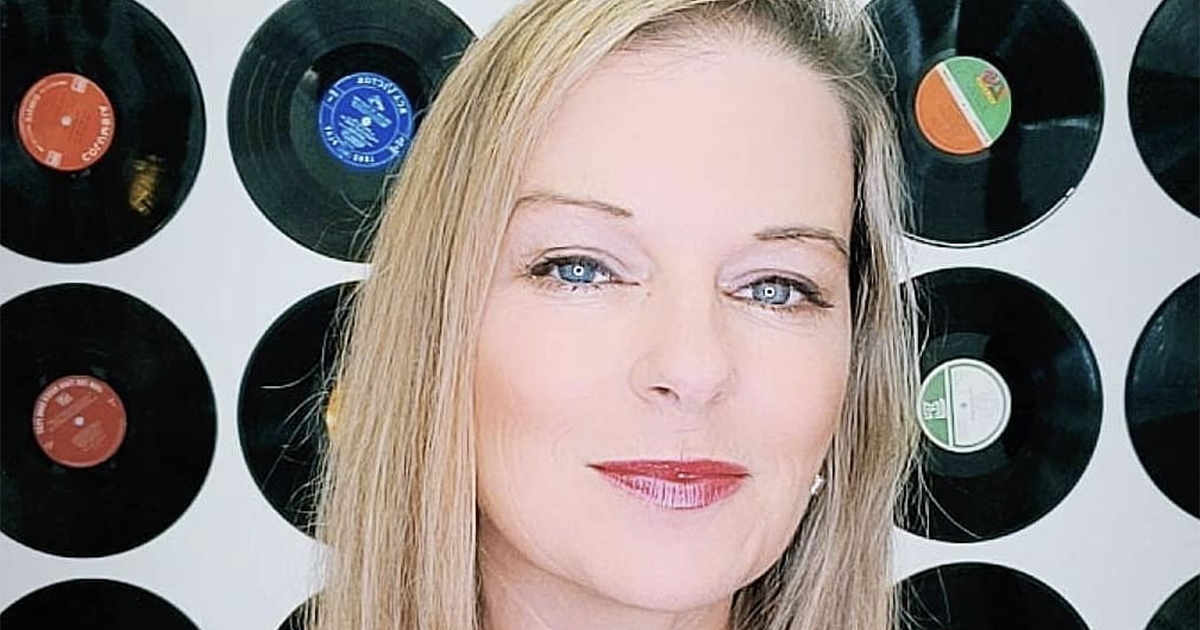The Importance of Getting a Mammogram
- The popular and fun-loving Florida-based radio DJ mom Jana Sutter says she's "ready to fight" after being diagnosed with early-stage breast cancer.
- Sutter is using her situation to encourage all women to get a mammogram to screen for the disease.
- SurvivorNet experts say it is very important for women to get a mammogram every year, especially if you haven't yet gone through menopause.
The Magic 107.7 Orlando, Fla.-based radio personality, who’s mom to a young daughter, shared a health update with fans Wednesday on the radio station's website, as well as her Instagram account.
Read MoreView this post on Instagram
On her Instagram account, she spoke of the importance of getting a mammogram (the process of using low-energy X-rays to examine the breast for breast cancer diagnosis and screening).
She wrote on Instagram: "From hearing the word CANCER… to starting treatment… to getting ready to fight… and remembering why I do… PLEASE GET YOUR MAMMOGRAM."
Sutter reiterated this point on the 107.7 website, adding: "If you haven't had your Mammogram in a while, please make that appointment. It could save your life… like it is mine."
The Importance of Getting a Mammogram
Dr. Connie Lehman, director of the breast imaging clinic at Mass General Hospital in Boston, previously SurvivorNet that it is very important for women to get a mammogram every year, especially if you haven't yet gone through menopause. (Sutter's age remains unclear.)
When Should I Get a Mammogram?
"We know that cancers grow more rapidly in our younger patients, and having that annual mammogram can be lifesaving," Dr. Lehman said. "After menopause, it may be perfectly acceptable to reduce that frequency to every two years."
"But what I'm most concerned about is the women who haven't been in for a mammogram for two, three, or four years, those women that have never had a mammogram," she added. "We all agree regular screening mammography saves lives."
"I want to be completely clear: If you are between 50 and 74 and you have not had a mammogram in the last two years, you are overdue. Please get a mammogram."
Understanding Breast Cancer
Breast cancer is a common cancer that's been the subject of much research. Many women develop breast cancer every year, but men can develop this cancer, too though it is more rare, in part, due to the simple fact that they have less breast tissue.
Introduction to Early-Stage Breast Cancer
There are many treatment options for people with this disease, but treatment depends greatly on the specifics of each case. Identifying these specifics means looking into whether the cancerous cells have certain receptors. These receptors the estrogen receptor, the progesterone receptor and the HER2 receptor can help identify the unique features of the cancer and help personalize treatment.
"These receptors I like to imagine them like little hands on the outside of the cell they can grab hold of what we call ligands, and these ligands are essentially the hormones that may be circulating in the bloodstream that can then be pulled into this cancer cell and used as a fertilizer, as growth support for the cells," Dr. Elizabeth Comen, a medical oncologist at Memorial Sloan Kettering Cancer Center, previously told SurvivorNet.
One example of a type of ligand that can stimulate a cancer cell is the hormone estrogen, hence why an estrogen receptor-positive breast cancer will grow when stimulated by estrogen. For these cases, your doctor may offer treatment that specifically targets the estrogen receptor. But for HER2-positive breast cancers, therapies that uniquely target the HER2 receptor may be the most beneficial.
"The good news is there are so many different treatments and options available, and doctors really are attuned to trying to understand patients better, to figure out what are their individual needs," Dr. Comen said.
Contributing: Abby Seaberg
Learn more about SurvivorNet's rigorous medical review process.

